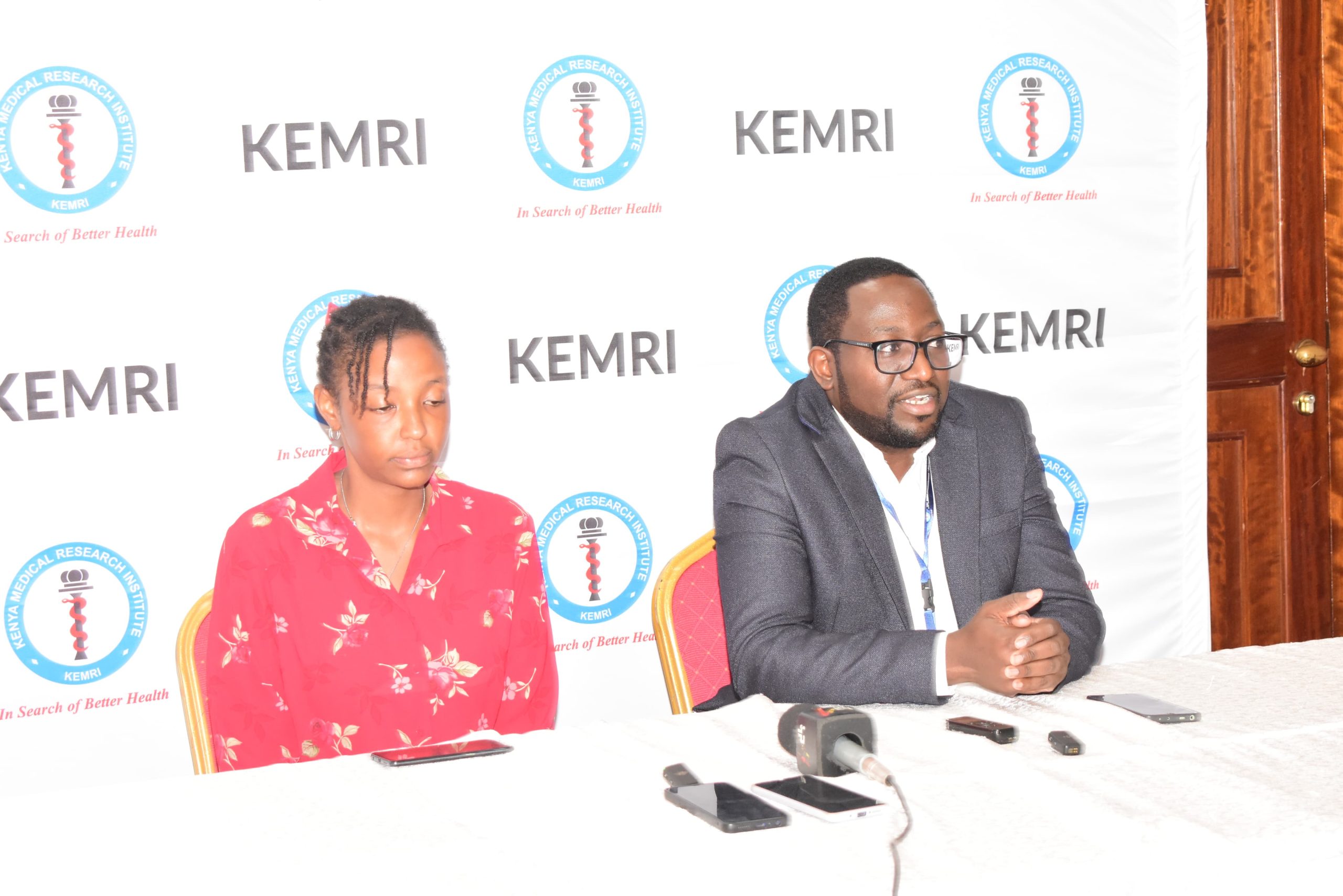The KASH 15 Conference wrapped up on Friday, with experts delivering a powerful message on mental health and wellness. Dr. Christine Njambi, from the Mental Health Unit at KEMRI, and Dr. Boniface Chitayi, a consultant psychiatrist, made impactful remarks on the urgent need for mental health awareness and care.
Dr. Boniface Chitayi, a consultant psychiatrist and lecturer at Kenyatta University Medical School, also shared his presentation, highlighting the decriminalization of attempted suicide in Kenya. He began by acknowledging the global suicide crisis, which claims approximately 700,000 lives annually, with four deaths occurring daily in Kenya. The stigma surrounding suicide has led to criminalizing attempted suicide, a law rooted in Section 226 of the Penal Code, which penalizes individuals attempting suicide with imprisonment or a fine.
Dr. Omar emphasized the flawed approach of punishing individuals who are clearly suffering from mental health issues.
“The symptoms of attempted suicide are rooted in mental illness,” he explained.
“People attempting suicide should be treated in healthcare facilities, not subjected to punishment.”
He noted that the Kenya National Commission on Human Rights, the Kenya Psychiatric Association, and individuals with lived experience of mental illness led a petition in 2022.
This petition was instrumental in a ruling issued by the High Court on January 9, 2025, which declared that attempted suicide is no longer a criminal offense, in line with the constitutional rights to dignity and the highest attainable standard of care.
This landmark ruling places Kenya among a small number of African nations that have decriminalized attempted suicide.
Dr. Omar stressed that the ruling is a significant step toward justice for many who had been unfairly penalized, and a chance to save lives moving forward.
Looking ahead, Dr. Omar outlined several next steps.
First, individuals currently being prosecuted for attempted suicide should be freed and directed to seek appropriate healthcare.
Public education is crucial to ensure that the broader community understands that attempted suicide is no longer a crime.
He also highlighted the importance of educating religious leaders, whose influence is significant in many communities.
Changing societal attitudes toward suicide is essential to reducing stigma and ensuring better care and treatment for individuals in need.
Dr. Omar also called for greater awareness among media practitioners, as how suicide stories are reported can significantly impact the likelihood of copycat suicides. He stressed the importance of responsible reporting to prevent harmful repercussions.
Finally, Dr. Omar urged the implementation of Kenya’s Suicide Prevention Strategy 2021-2026. He emphasized that a shift from punitive measures to prevention strategies has been scientifically proven to reduce suicide rates.
This includes training healthcare professionals to identify and manage suicidal behavior, introducing mental health education in schools, and restricting access to lethal means of suicide.
In conclusion, the KASH 15 Conference highlighted a pivotal moment in Kenya’s approach to mental health. The ruling, coupled with ongoing efforts to enhance suicide prevention and mental health care, is seen as a step toward a more compassionate and effective response to mental health challenges in the country. Dr. Omar expressed his pride in this achievement, noting that the ruling brings hope to many who have suffered from discrimination and stigma.


